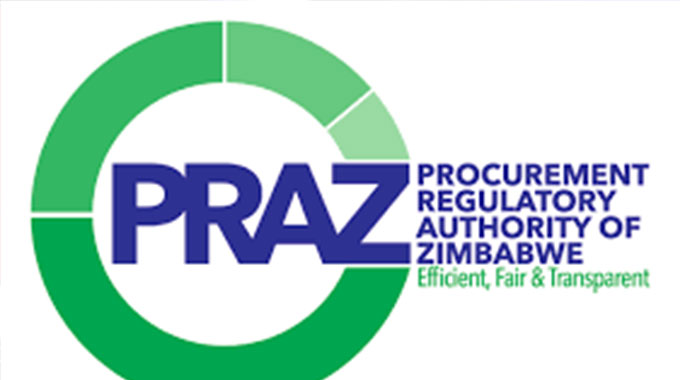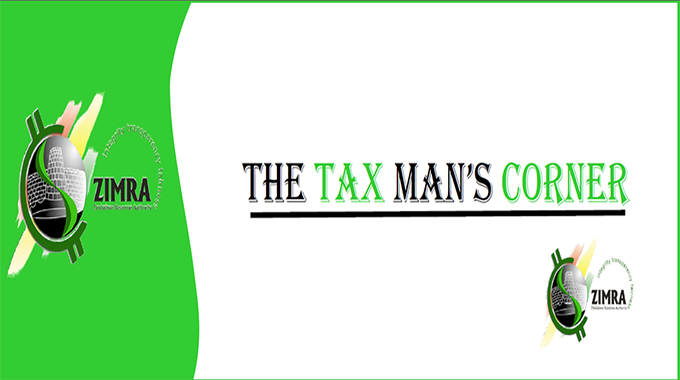Application to conduct procurement

According to Public Procurement and Disposal of Public Assets Act [Chapter 22:23]. Procurement Entity means, a Ministry, department or other division of the Government, or a corporate body established by or in terms of any Act for special purposes laid down in that Act.
The definition also encompasses any company in which the State has a controlling interest, whether by virtue of holding or controlling its shares or by virtue of a right of appointment of members to its controlling body or otherwise, and includes any company which is a subsidiary, as determined in accordance with section 143 of the Companies Act [Chapter 24:03], of such a company, or a provincial or metropolitan council or a local authority, and any partnership or joint venture between the State and any person, which is prescribed in terms of this Act or the Public Finance Management Act [Chapter 22:19].
Authorisation to conduct procurement
Section 15 (1) of the PPDPA Act prohibits Procuring Entities from conducting any procurement in which the value of the procurement requirement is at or above the prescribed threshold unless the procuring entity has been authorised by the Procurement Regulatory Authority. This restriction means that every procuring entity that conduct procurement should have applied for authorisation to conduct procurement. Authorisation to conduct procurement shall be given in writing and may be subject to such terms and conditions as the authority may specify in the authorisation. The authorisation shall be valid for a period of two years from the date on which it is given, and may be renewed for further such periods. In other words, authorisation may be conditional and subject to renewal every two years.
Currently all Procuring Entities authorised to conduct procurement since the promulgation of the PPDPA Act (Chapter 22:23) in January 2018 must apply for renewal which is effective 1st January 2020.
Responsibility for procurement
Section 14(1) of the PPDPA Act states that each Procuring Entity shall be responsible for managing its procurement, where the value of the procurement requirement is below the prescribed financial thresholds.
The Regulations governing public procurement have a bearing on both the Procuring Entity (PE) and on the bidder with the former expected to design the procurement rules which the later should follow. The decentralisation of procurement decision making means that each PE is now responsible for managing its procurement requirements. To this end it is critical for all PE staff involved in public procurement to have appropriate knowledge and skills to achieve the best outcomes. Competent staff must possess both skills and knowledge about the new law.
Application for authorisation requirements
Procuring entities shall submit the summary of the annual procurement budget and nature of procurement proceedings to be conducted by the procuring entity in line with Section 21 of the Act as read in conjunction with Section 7 (1) of the Regulations in the format prescribed.
The Third Schedule to the Act provides the requirements for the applications. These are:
The nature of procurement proceedings to be conducted by the procuring entity that is the Procurement Plan; and
The assignment of responsibilities for procurement within the procuring entity’s organisation that is the organisational structure; and
The identity of the procuring entity’s accounting officer; and
The structure of the procuring entity’s Procurement Management Unit and names of individuals that may be used in evaluation committees; and
The procuring entity’s facilities for conducting procurement proceedings that is address and location of PMU that is procurement reports; and
Particulars of procurement proceedings conducted by the procuring entity during the preceding two years; and
Such other information as may be required in the application form or as the Authority may reasonably require.
The Authority may in relation to a procuring entity that fails to obtain authorisation to initiate or conduct any procurement proceedings at or above the prescribed threshold appoint another procuring entity so authorised to conduct such procurement on behalf of the first mentioned entity.
Renewal of authorisation
Before the expiry of its authorisation, a procuring entity must apply to the Authority for renewal of the authorisation. On the other hand, the authority shall continuously assess the continued capacity of authorised procuring entities to conduct procurement proceedings, and the compliance of authorised procuring entities with the terms and conditions of their authorisation. If the authority considers that the entity no longer has the capacity to conduct procurement proceedings, or is contravening or failing to comply with any material term or condition of its authorisation, the authority may cancel the authorisation or direct the entity to rectify the non-compliance, or may take such other measures to remedy the situation as the authority considers necessary or desirable.
However, before cancelling a procuring entity’s authorisation, the authority shall notify the entity concerned of the proposed cancellation and the reasons for it, and shall give the entity a reasonable opportunity to make representations in the matter.












Comments